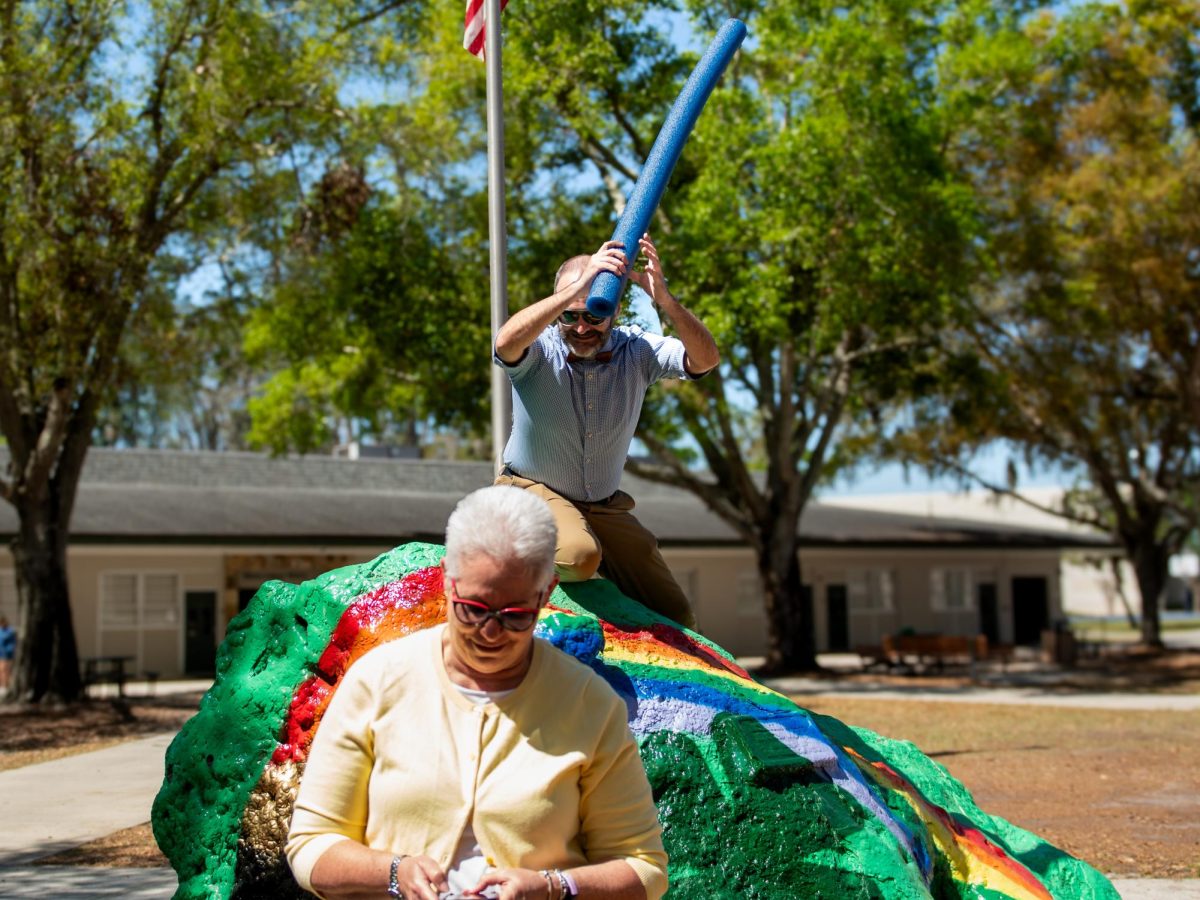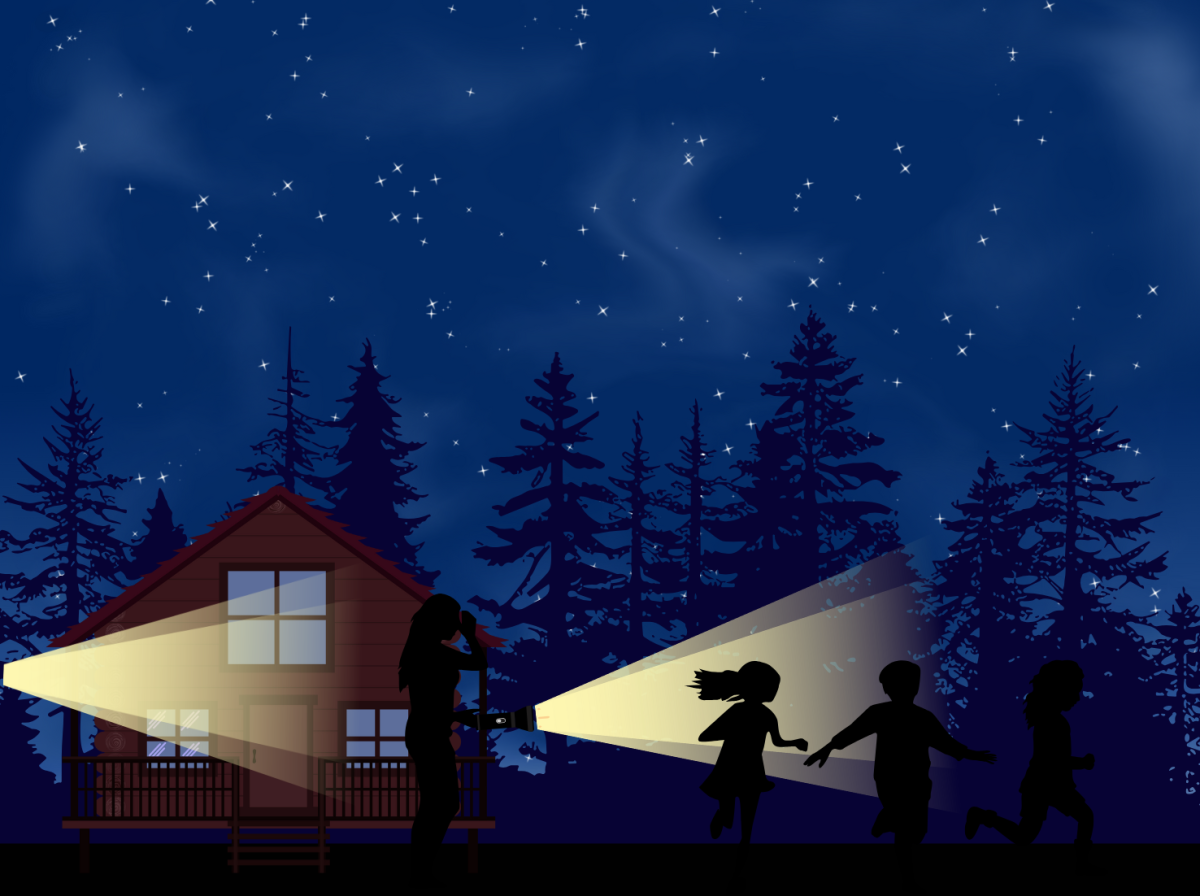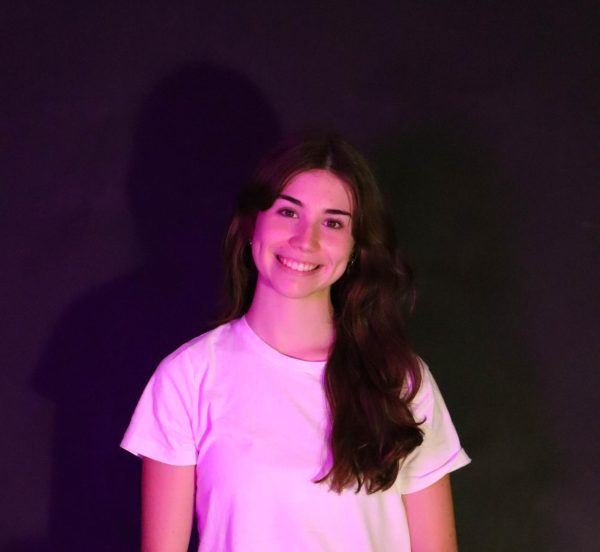Some may call it brain rot, others may call it the new Renaissance. No matter how you feel about it, the impact is profound, creating a generation with an entire new set of vocabulary, a modern method of concentration, and a distinct way of thought.
In AP Psychology teacher Michael Brown’s class, there sit two Tylers. About a week ago Brown asked senior Tyler Patino a question, but instead of hearing a response, he watched in awe as Patino ran his finger along the length of his jawline.
“Tyler is on a twenty day mewing streak,” senior Tyler Smith said, who recently claimed to have mogged the entire class. “He can’t speak right now.”
Smith, after he used his unibrow shaving kit and rubbed ice cubes under his eyes to reduce eyebags, expressed a desire to better himself.
“I have to looksmax,” Smith said. “I’m stuck with a negative canthal tilt and prey eyes, so it’s pretty much over for me.”
On the other side of campus, senior Austin Earl sits in AP Literature, ready to contribute to a seminar about Shakespeare’s Macbeth. It’s relatively easy for Earl, as according to him he found the best way to understand the chapters.
“Instead of reading the book, I just listen to an in depth summary on TikTok in 2x speed while Subway Surfers gameplay appears on the bottom half of the screen,” Earl said. “I tried reading it at first, but only got a few minutes in before I had to take a YouTube shorts break.”
This remarkable ability to multitask and gather information while not doing any work is a new efficient reality for our young generation. Rejecting traditional knowledge and becoming proficient in comprehending exciting new insights found online is what some say may spark the next enlightenment.
For example, despite many different lessons from his parents, a student who asked to be identified as the “Rizzler” refuses to learn about anything that might be considered “life skills,” deeming them to be inconsequential for his future.
“Listen, I don’t need that stuff to waste space in my mind,” the Rizzler said. “I’m a lone wolf, just wait until I escape the matrix. All these people think they know everything, but do they know Baby Gronk rizzed Livvy in Ohio?”
English teachers, while initially struggling to figure out this new vernacular, have started to recognize, and even embrace, these new concepts. When students approached English teacher Steven Garnett about the possibility of receiving extra credit, they were met with an unfamiliar response.
“Nuh uh,” Garnett said as he placed his tongue on the roof of his mouth and protruded his jaw while TikTok audio played loudly in the background.
It’s fascinating to think about the shifts the English language has gone through. Some may say that the past way of speaking, such as that of Shakespeare, was more complex, more thought provoking, more insightful. Others counter this by pointing out that we can now decipher and understand Shakespeare. On the contrary, Shakespeare might actually have a stroke before he’s able to figure out the meaning of “Skibidi toilets got sturdy drinking grimace shakes in Ohio while the sigmas griddied into Kai Cenat’s OG fortnite twitch stream who was mogging his entire chat and singing You Are My Sunshine for Lebron James.”



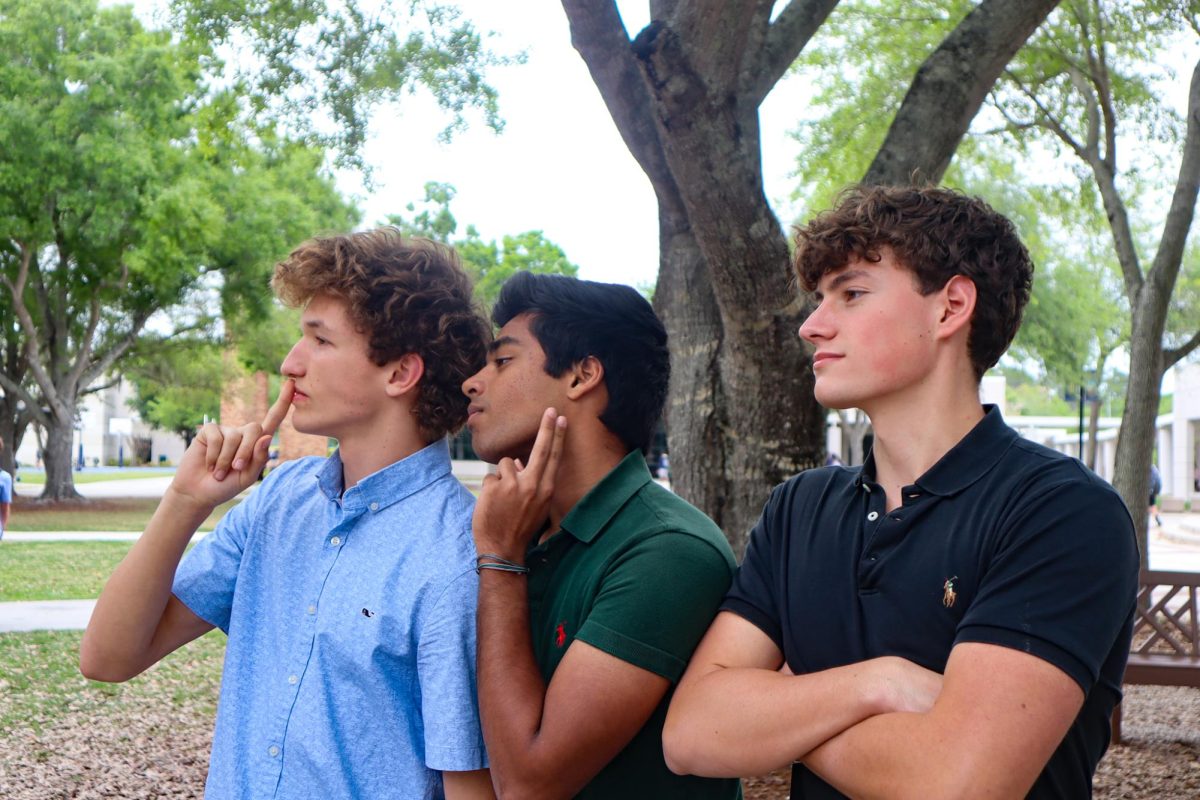
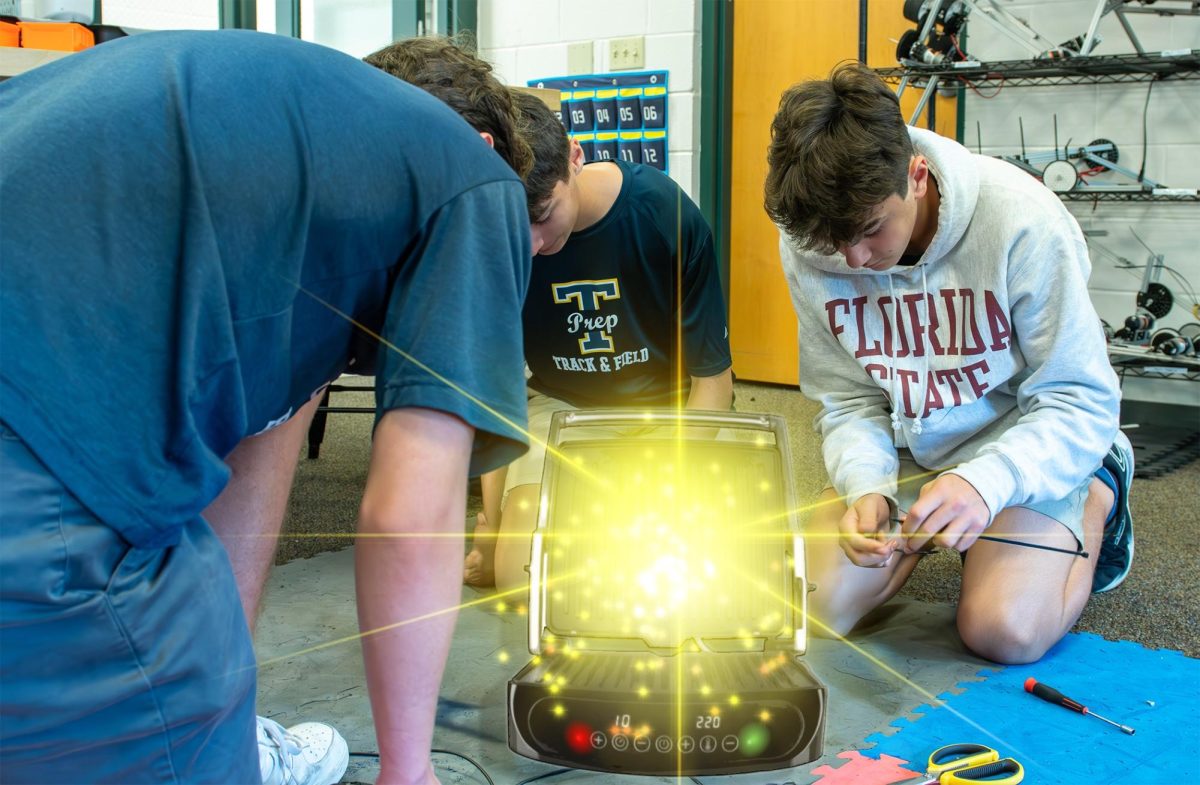

![[Satire] Six Steps to Sainthood](https://thetrinityvoice.com/wp-content/uploads/2025/04/DSC_4124-2-NR-1200x907.jpg)

